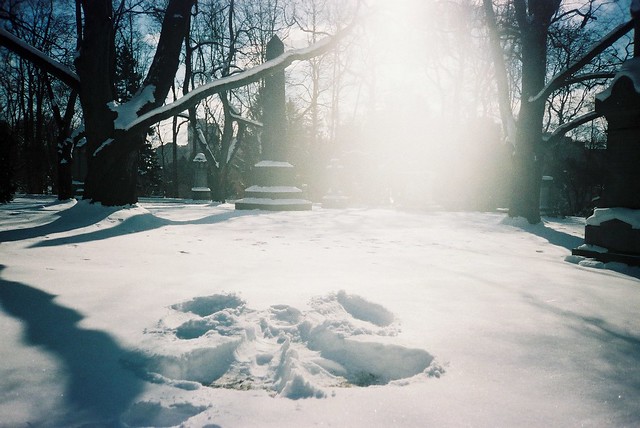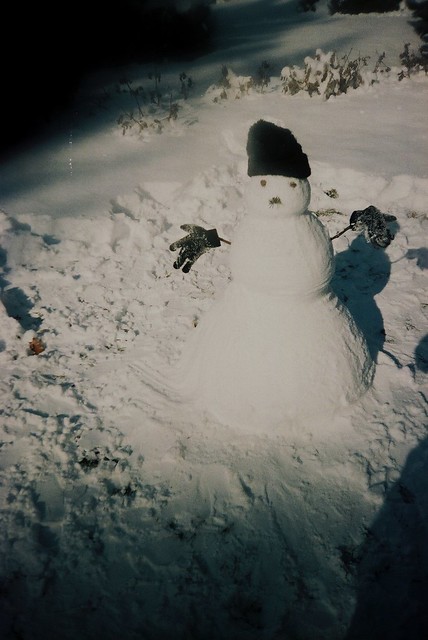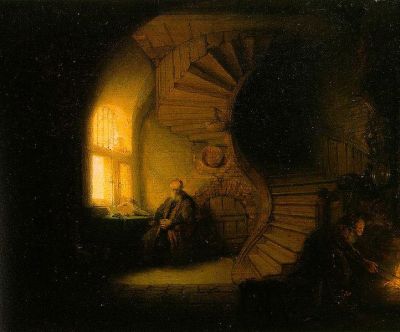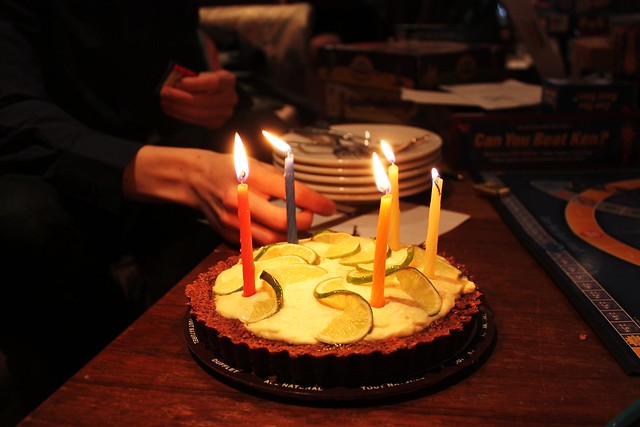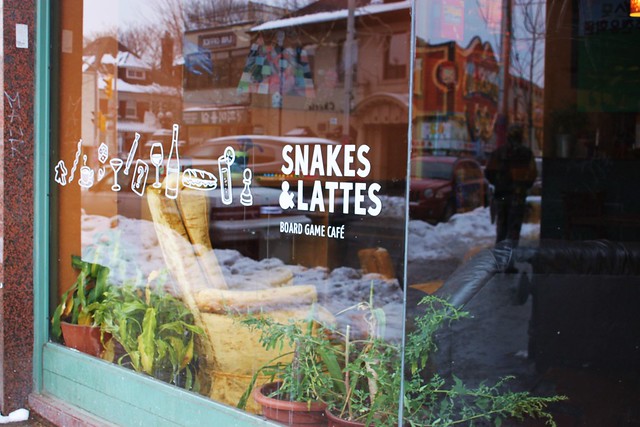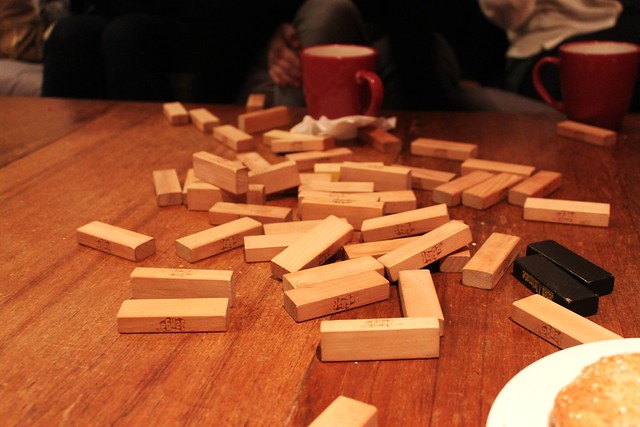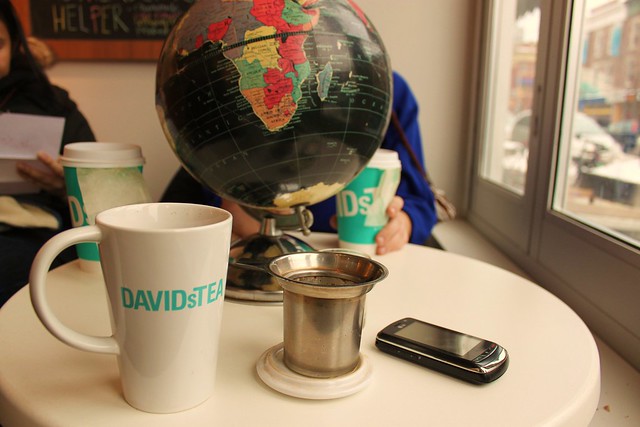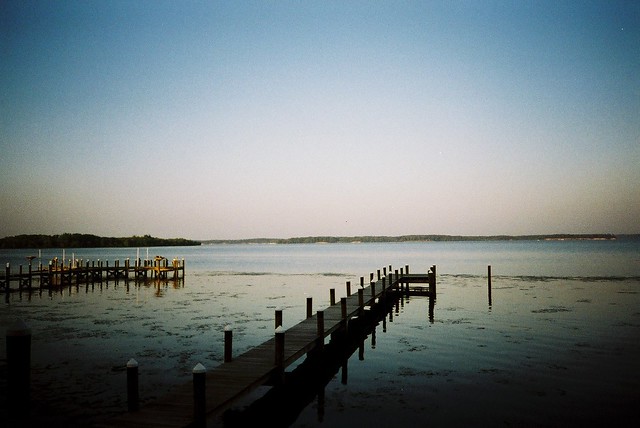
‘L’appétit avec conscience de lui-même’ - ”Appetite with knowledge of himself,” was the definition of desire for Spinoza. Indeed, in its universal definition, the desire is a particular tendency to want to get something to satisfy a need, a desire. In philosophy, the longing/desire to seek recognition of others and demonstrates a lack. It is a condition of human life that can register its existence in time, because the desire is inseparable from the projection into the future.
Living without releasing your desires is to live like a stone. In an ancient text describing conversations with his pupils, Socrates thinks that a life incontinent, that is to say without restraint, is a dissolute life and inconsistent. Using a metaphor, Socrates shows that such a life is absurd because it amounts to fill barrels drilled. Callicles responds that it is precisely this inconsistency is a source of pleasure and excitement. ”The man with casks has no pleasure,” because happiness is not in possession and comfort, but in the excitement of the conquest and the alternation of pleasure and pain.
As Rousseau said, “It excites the imagination and nourishes (…) desires” and who attribute to the object, qualities he did not. The reality is often disappointing because it does not coincide with what I had imagined and the expectation of appointment is sometimes more beautiful than the appointment itself. Rousseau concludes, “we enjoy what we get less than what we hoped, and we are happy to be happy than before.“
Life without desire is the life of a death in life. This amounts to show that even the desire is inseparable from life. So the real reason emerges from the struggle between the desires. So the desire is part and parcel of human life; an essential faculty of human life. It is constitutive of individuals and allows them to move forward in life because a desire is constantly renewed by another and so on … The people, through desire, seek to fill a lack - a flaw. And we do not mind, one bit.
